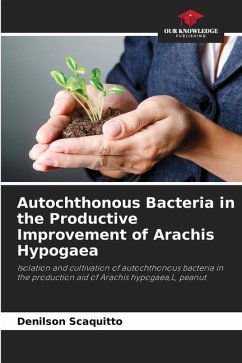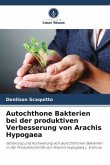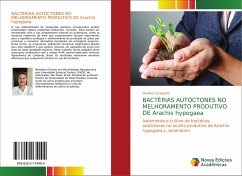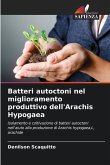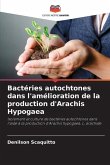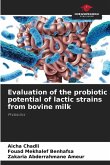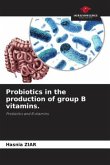The indiscriminate use of chemical nitrogen compounds can increase some environmental problems. However, these can be minimized with the use of natural or autochthonous components, such as resident bacteria, which play an important role in ecological balance and improving grain production by promoting and converting inorganic nitrogen into organic nitrogen. In this way, symbiotic organisms become important allies for this balance and can even be applied in areas with low organic quality soils. In this work, various assumptions were evaluated in combination with strain 6144, standardized by the Agronomic Institute of Campinas, Brazil. The results showed numerous differences that prove the effectiveness of using bacteria.
Bitte wählen Sie Ihr Anliegen aus.
Rechnungen
Retourenschein anfordern
Bestellstatus
Storno

